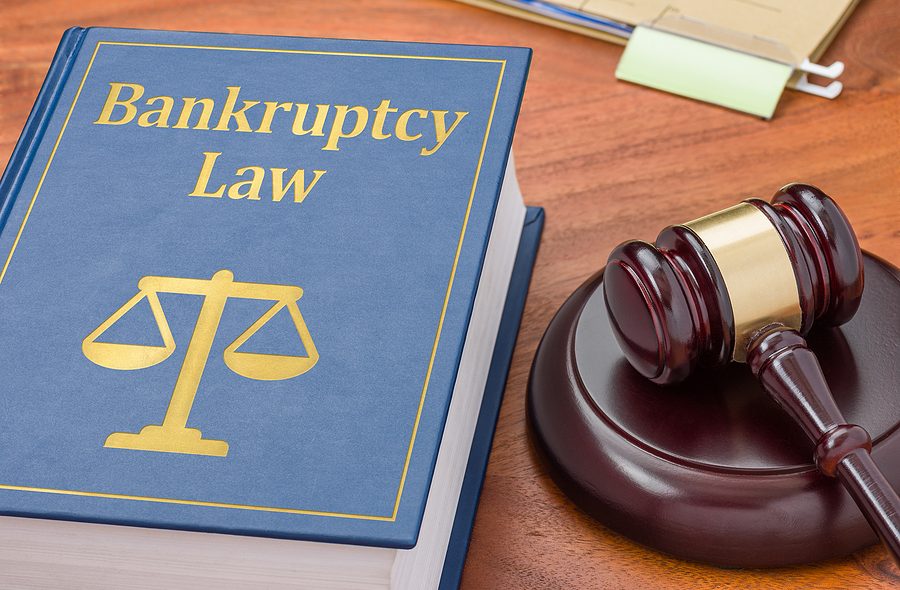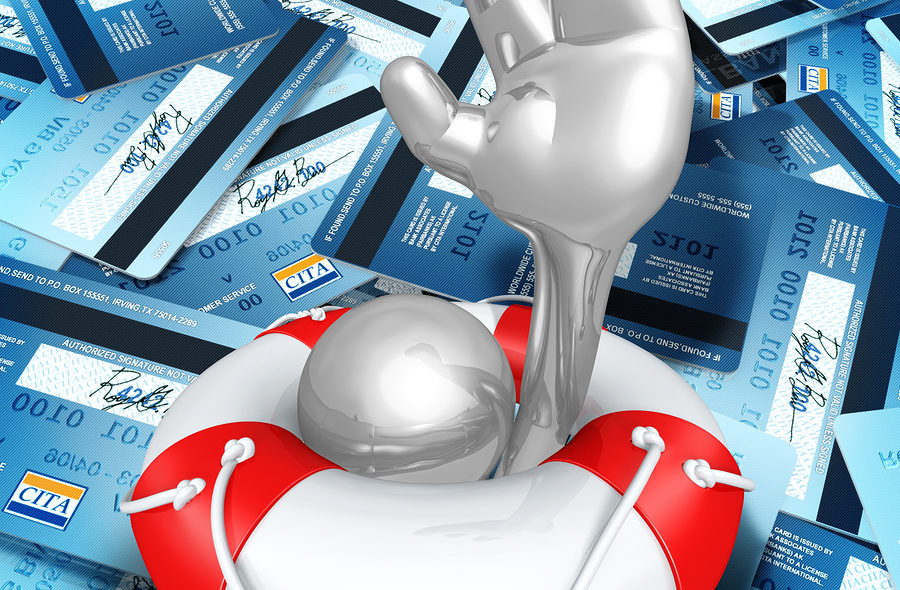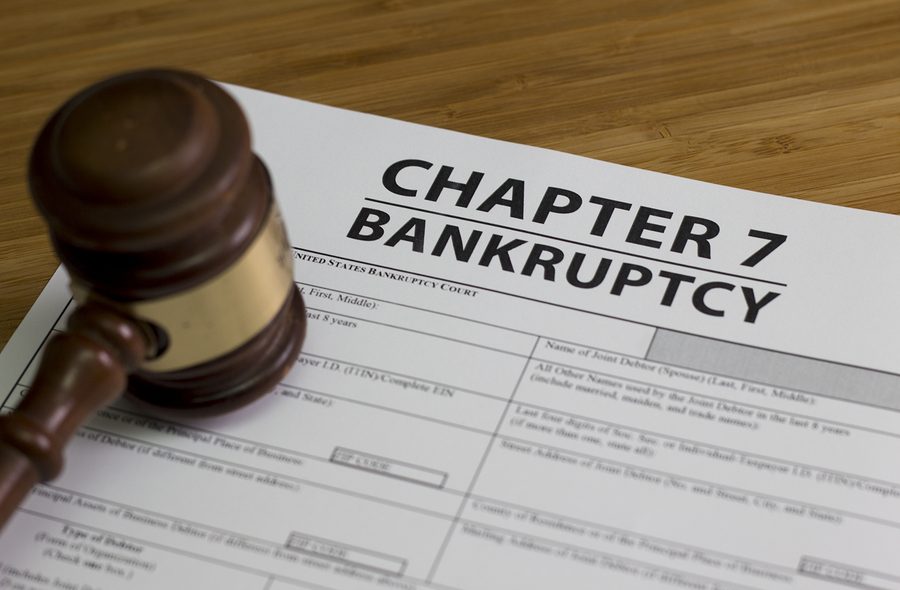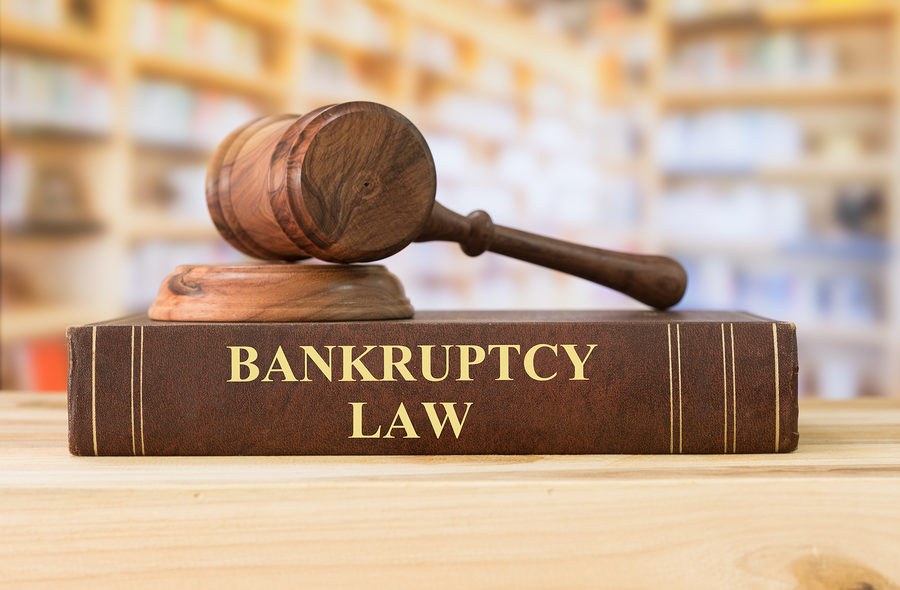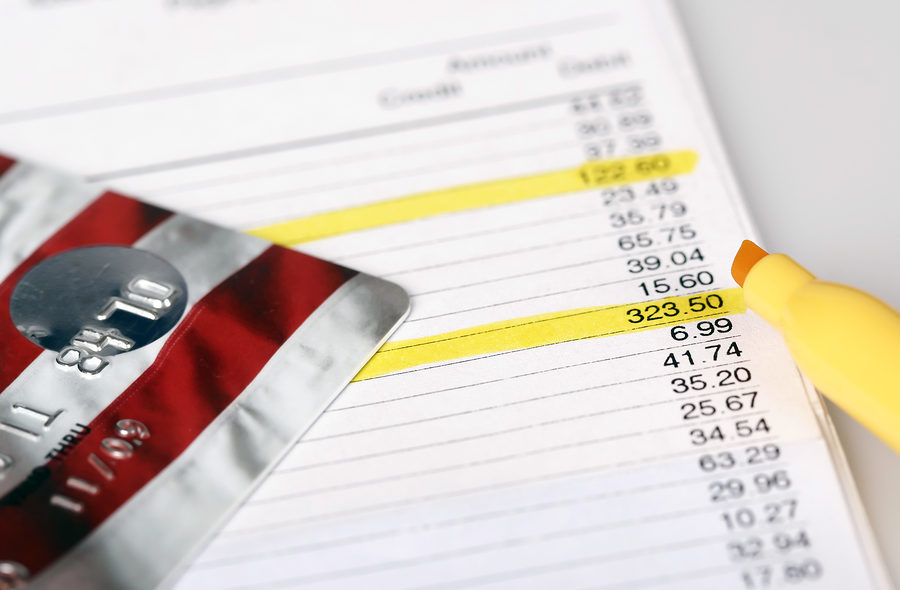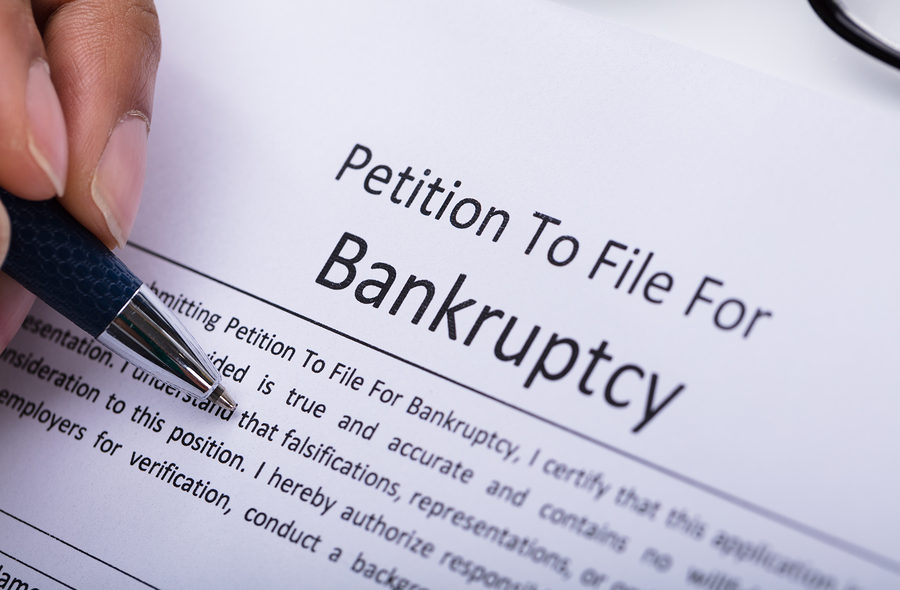The decision to file for bankruptcy is never an easy one. It takes careful consideration and depends on a number of factors. Before making the decision to file for bankruptcy, ask yourself these questions.
Have All Other Options Been Exhausted?
Bankruptcy is not the only option when it comes to debt relief. It often helps to first meet with a bankruptcy attorney to discuss your options. A budget is one tool a consumer can use to see what unnecessary expenses can be eliminated, freeing up additional funds to pay off debts. The consumer may also have luck in selling some of his or her assets to pay off various debts. Another option is for the consumer to reach out to his or her lenders to see if some type of payment plan or debt settlement can be reached on the debt.
The consumer may also consider credit counseling. This step should be taken even if the consumer is considering filing for bankruptcy since credit counseling, including a two-hour financial management course from a government-approved agency, must be completed at least 180 days before a bankruptcy discharge is issued.



